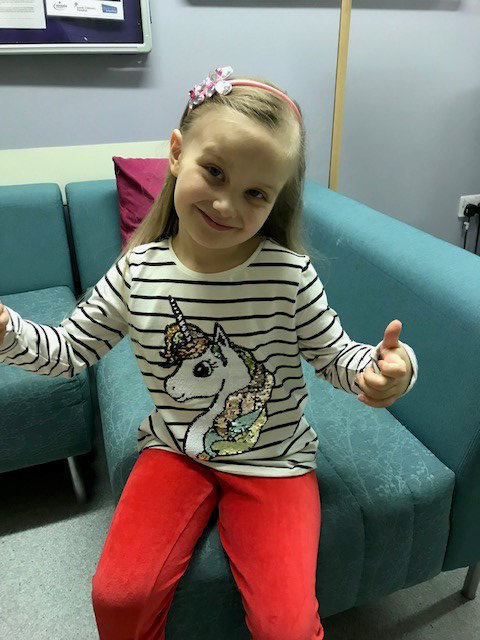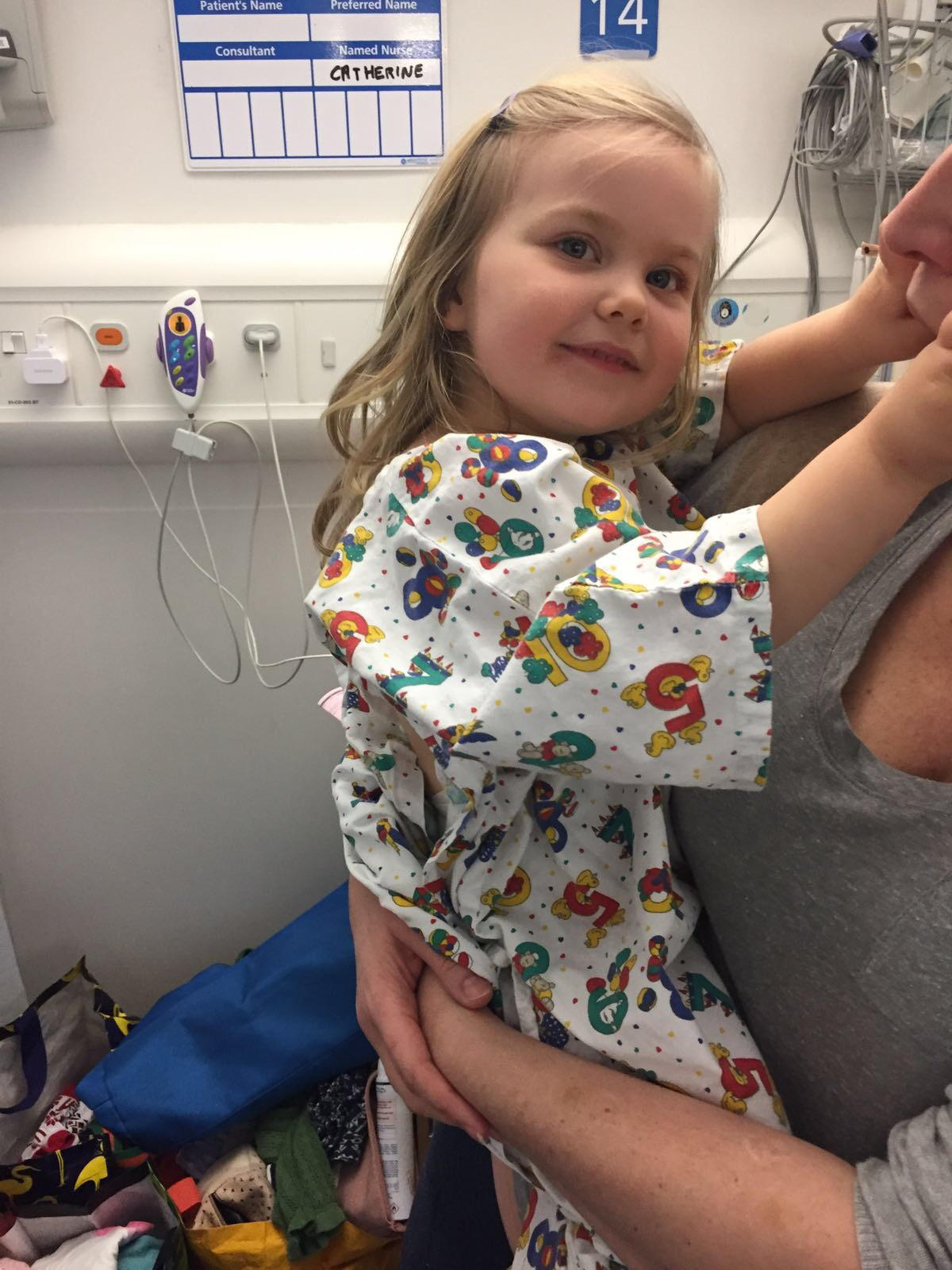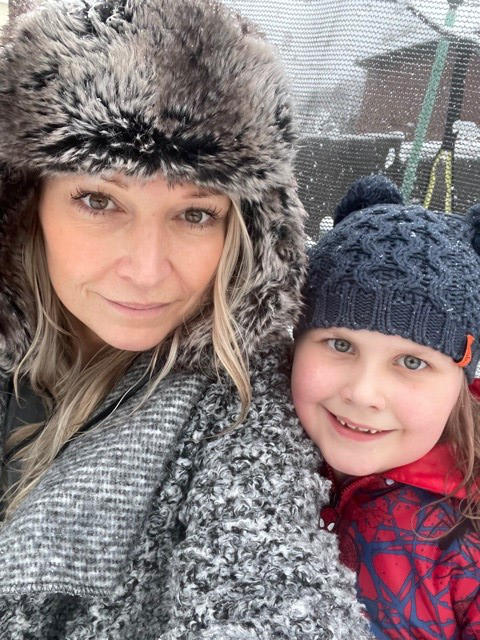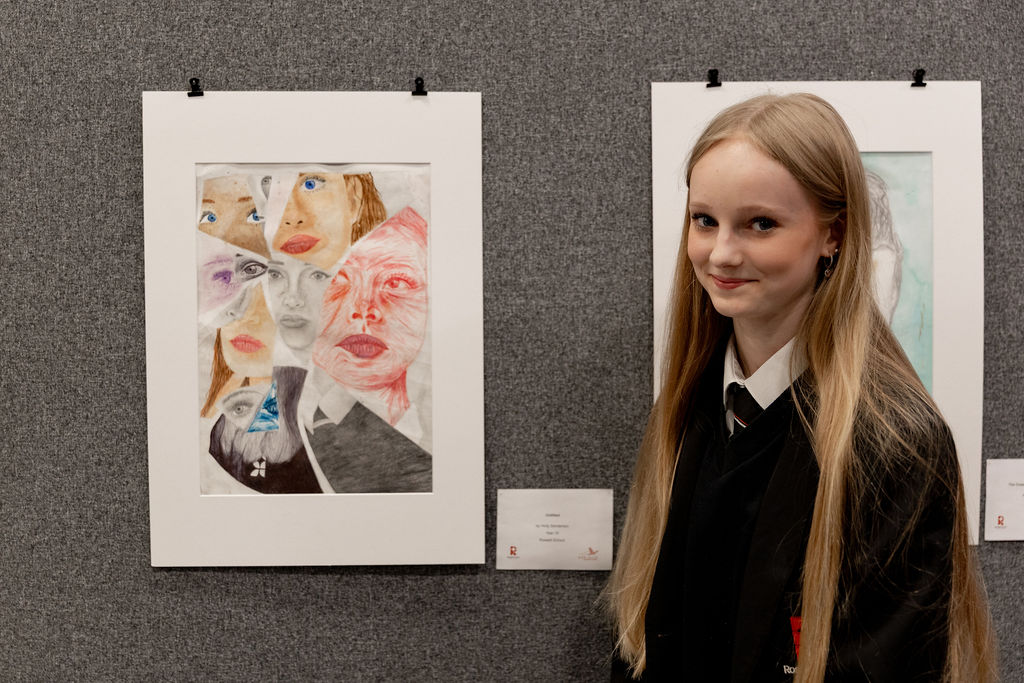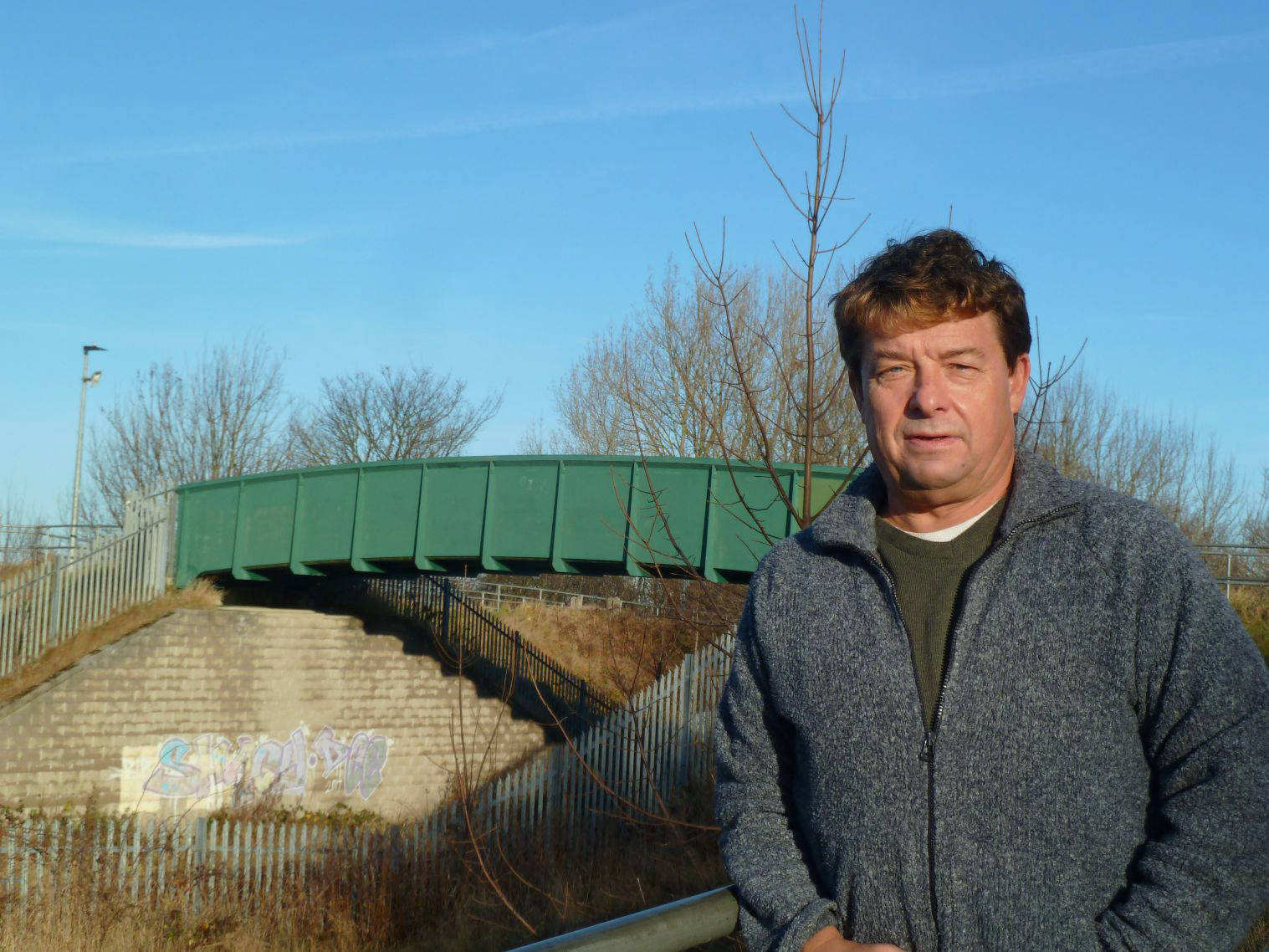15 February 2022 is International Childhood Cancer Day, a global collaborative campaign raising awareness of and expressing support for children and families affected by childhood cancer. On this day, Yorkshire’s children’s cancer charity, Candlelighters, highlights the importance of investing in research to help these children and families.
Around 1,800 children are diagnosed with cancer in the UK every year, with 150 of these children living in Yorkshire. For these children and their families, cancer completely disrupts their lives. Treatments used to kill cancer have many side effects on children, from losing hair to feeling sick, losing appetite, exhaustion, diarrhoea or constipation, mouth ulcers and more. Long stays in hospital away from family and friends can badly impact their mental health, with children feeling lonely and isolated. Many parents are forced to stop working whilst they care for their child round the clock, potentially resulting in financial difficulties for the family.
Children with cancer will already spend lots of time in hospital receiving chemotherapy and other treatments; time at home with family is precious. One distressing complication of childhood cancer is frequent fevers, which can sometimes be life-threatening. When this happens, parents must be prepared to drop everything. The child is urgently admitted to hospital to receive antibiotics for up to seven days, to get on top of any severe infections quickly. Repeated hospital admissions further disrupt ‘normal’ life for these families, adding to an already intense mental toll.
This approach to treatment is very safe, meaning nearly all severe infections can be cured. However, not every child needs to be treated as intensively as this. This approach might mean, for example, that children who may just have a cold have to stay in hospital for days until their temperature settles. Meanwhile, they may experience the side effects of antibiotics without any benefit.
Sally’s daughter, Marnie, from Harrogate, was diagnosed with a brain tumour aged just two. Marnie required brain surgery and well as 18 months of chemotherapy to treat the tumour, and Sally was forced to give up working full-time in the pharmaceutical industry to care for Marnie.
Sally said:
The treatment schedule and amount of scheduled and emergency hospital visits and stays made it impossible to do anything else.
Recognising the detrimental impact of this treatment protocol on families, Candlelighters invested in research over a ten-year period that now means children with cancer don’t always have to spend a week in hospital every time they get a temperature.
The research was led by Dr Bob Phillips, Senior Lecturer at The University of York, and Honorary Consultant in Paediatric/Teenage-Young Adult Oncology at Leeds Children’s Hospital, an internationally recognised expert in the field with over 15 years’ experience in childhood cancer research, and Dr Jess Morgan, Senior Research Fellow at The University of York and paediatric oncology GRID trainee at Leeds Children’s Hospital.
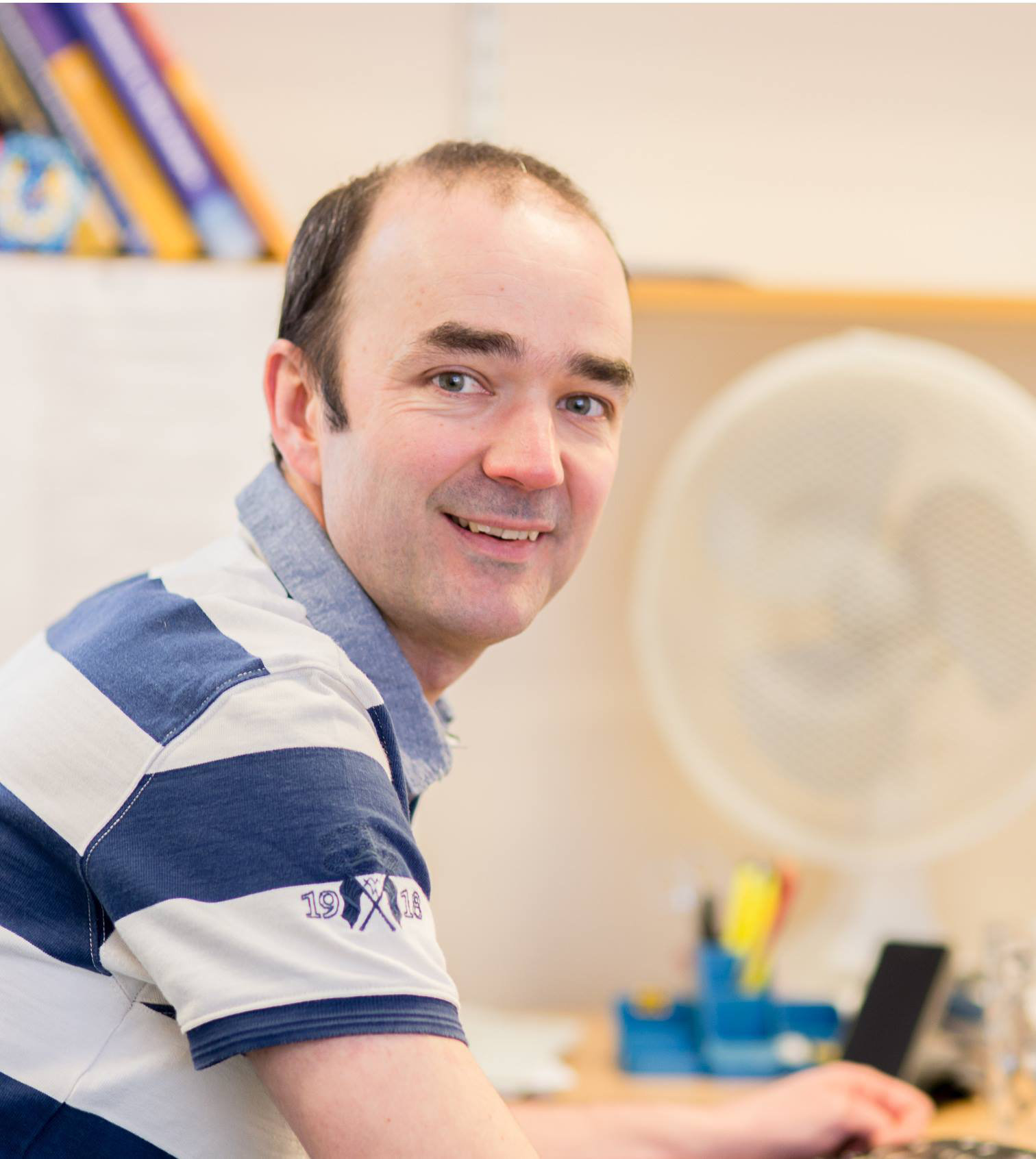
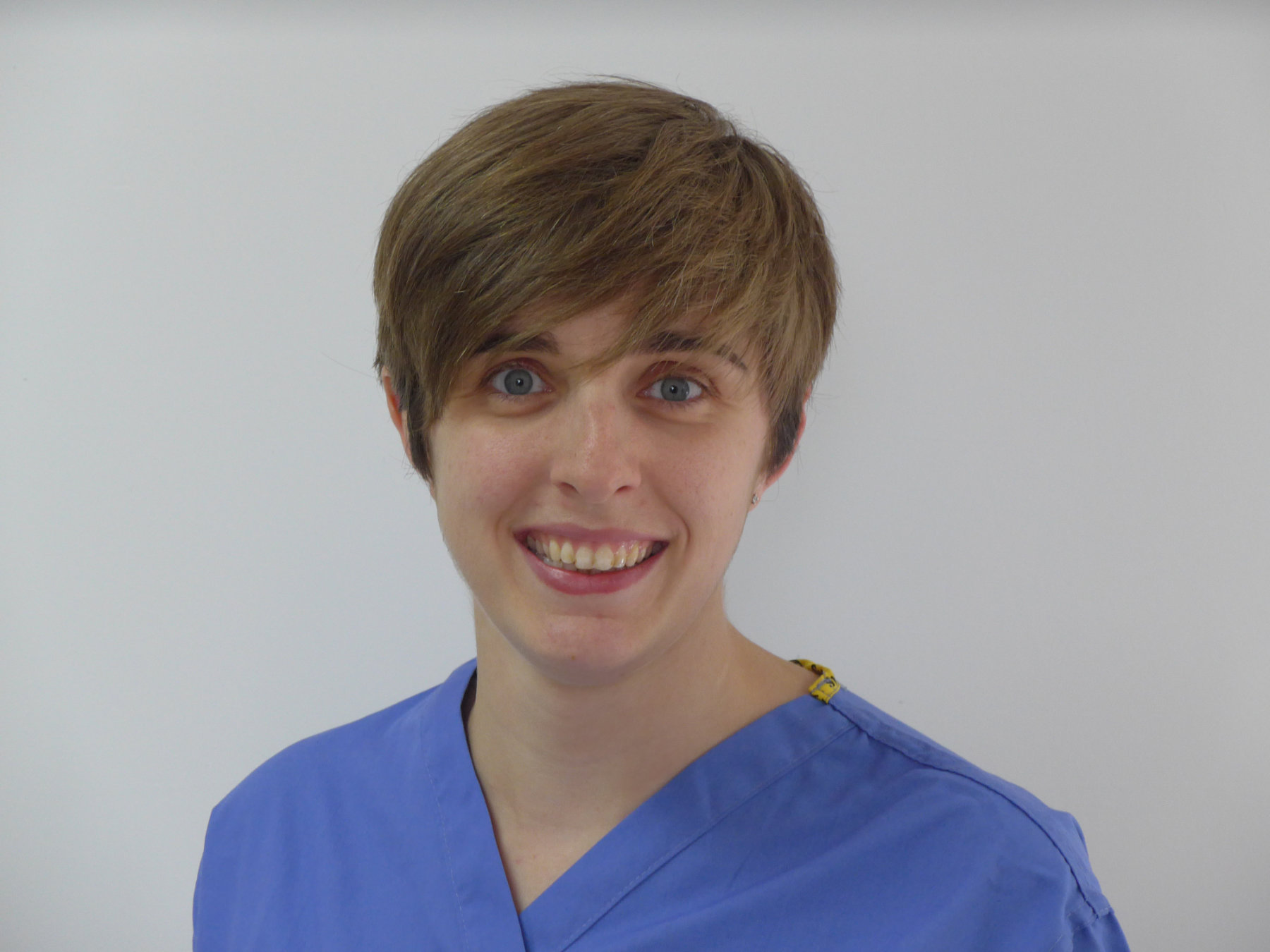
Dr Bob and Dr Jess were able to identify trends and patterns in data, which led them to determine which children with a temperature could safely be allowed home earlier. The framework they produced has led to a change in national guidance in how fevers are treated for children with cancer and a global impact as far afield as Australia.
In instances where it is safe to send them home early, the average time a child will now be in hospital with a temperature is two days, with some able to leave after as little as eight hours. This change will make an enormous difference to children and families, easing mental health and financial burdens.
Marnie’s mum, Sally, adds:
Things changed over the course of Marnie’s treatment due to this research. We were released a lot sooner towards the end of her treatment due to it, which made a huge difference.
Candlelighters continues to work with Doctors Bob Phillips and Jess Morgan to help safely reduce hospital time for children with cancer, enabling them to spend more time at home with their families. In the future, Candlelighters wants to invest further in projects like this which focus on the ‘supportive care’ element of cancer treatment, including finding kinder treatments.
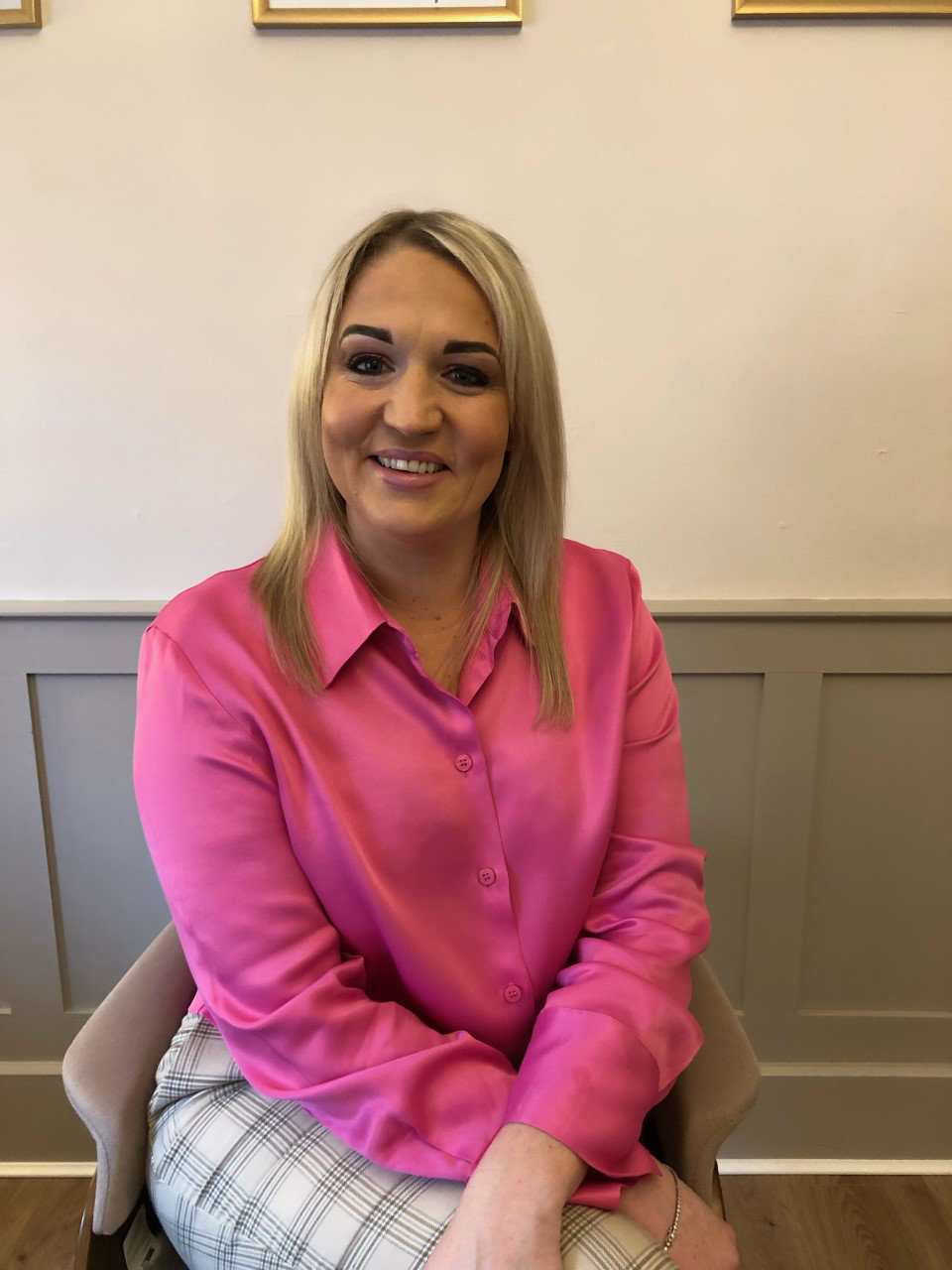
Candlelighters CEO Emily Wragg explains:
In the 1970’s when Candlelighters was formed, the survival rate for children’s cancers was just 10%. The five-year survival for all childhood cancers diagnosed in Yorkshire is now at 86%, a fantastic improvement made possible by investments in research from organisations like ours.
Now, more must be done to ensure not only that more children survive, but they survive with fewer long-term side effects and have an improved quality of life while undergoing treatment. That’s what we want to achieve going forwards.
To pioneer significant changes like these to the lives of children with cancer, Candlelighters relies on generous donations from the community. If you’d like to support Candlelighters with a donation, you can do so here https://www.candlelighters.org.uk/

